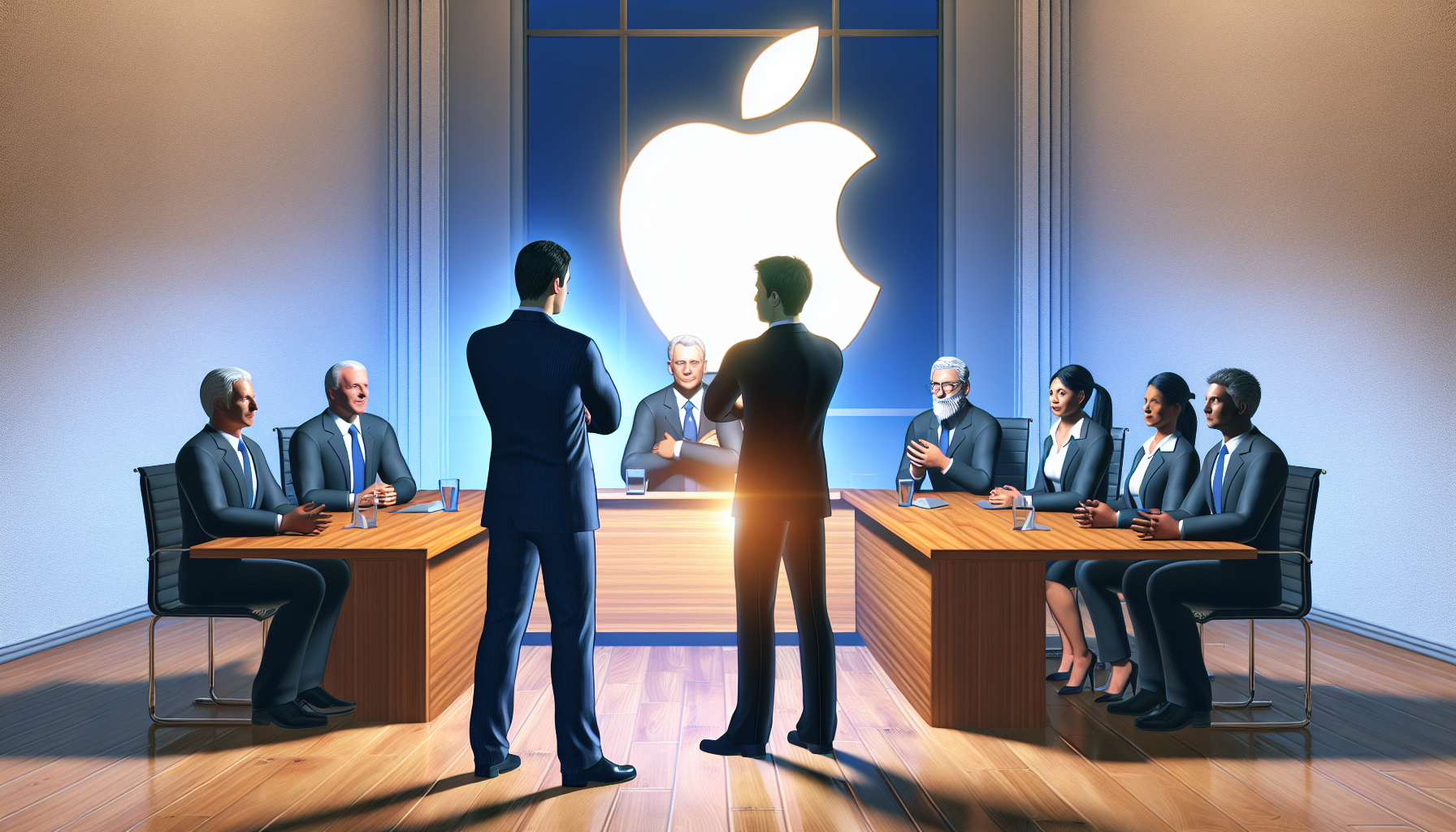
Apple and the NLRB: A Multifaceted Legal Dispute
Overview of the NLRB’s Actions Against Apple
The National Labor Relations Board (NLRB) has recently retracted several allegations against Apple, originating from complaints filed in 2021 by former staff members. This shift represents a notable development in the protracted legal encounters between the technology leader and its employees. The retracted allegations include claims that Apple CEO Tim Cook breached workers’ rights by sending an internal email concerning confidentiality violations.
The Controversial Email from Tim Cook
In 2021, Tim Cook communicated with all employees via email, asserting that individuals who disseminate confidential information “do not belong” at Apple. He underscored the company’s dedication to uncovering those accountable for leaks from a recent internal meeting, which covered delicate subjects, including pay equity and Texas’ anti-abortion legislation. Initially, the NLRB perceived this communication as potentially violating workers’ rights, but these assertions have now been dismissed.
Allegations by Former Employee Ashley Gjøvik
Ashley Gjøvik, a former Apple employee, was central to multiple accusations against the firm. The NLRB has retracted claims stating that Apple unlawfully suspended and terminated Gjøvik in retaliation for her actions. Nevertheless, a separate agreement earlier this year mandated Apple to amend its employee contracts, permitting conversations about compensation, working conditions, and union organization without fear of retaliation.
The Case of Janneke Parrish and the #AppleToo Movement
The NLRB also dismissed allegations concerning the termination of Janneke Parrish, a prominent figure in the #AppleToo movement. The board had earlier charged Apple with imposing illegal confidentiality norms and fostering a surveillance-like atmosphere for employees. These accusations have now been retracted, indicating a change in the board’s position.
Implications of the NLRB’s Decisions
The dismissal of these allegations reflects wider trends in how the NLRB operates under varying administrations. Analysts observe that the board’s behaviors might lean more favorably towards corporations within specific political contexts. This case exemplifies the complicated interactions between large enterprises and labor rights entities.
Wrap Up
The NLRB’s choice to retract several allegations against Apple underscores the complex nature of labor disputes within significant corporations. While some claims have been dismissed, others are still pending resolution, highlighting the persistent friction between employee rights and corporate regulations. As Apple continues to confront these legal hurdles, the results may have enduring effects on its workforce and business practices.
Q&A Session
Q1: What were the primary allegations against Apple by the NLRB?
A1: The key allegations consisted of accusations that Apple violated workers’ rights through confidentiality policies, surveillance, and retaliatory methods against employees.
Q2: What did Tim Cook’s email communicate that resulted in allegations?
A2: Tim Cook’s email conveyed that individuals leaking confidential information “do not belong” at Apple and stressed efforts to identify those responsible for the leaks.
Q3: What was the status of the allegations involving Ashley Gjøvik?
A3: The NLRB withdrew some accusations against Apple concerning Gjøvik, but a separate settlement required Apple to revise its employee agreements to safeguard discussions about compensation and working conditions.
Q4: How did the NLRB’s position evolve under different administrations?
A4: The NLRB’s actions can differ under various political climates, with some observers noting a more favorable stance towards corporations under certain administrations.
Q5: What is the importance of the #AppleToo movement?
A5: The #AppleToo movement, spearheaded by employees like Janneke Parrish, brings attention to workplace rights and conditions within Apple, advocating for transparency and equitable treatment.
Q6: How does this case influence Apple’s corporate policies?
A6: The case may prompt modifications in Apple’s corporate policies, especially concerning employee agreements and the management of confidential information.